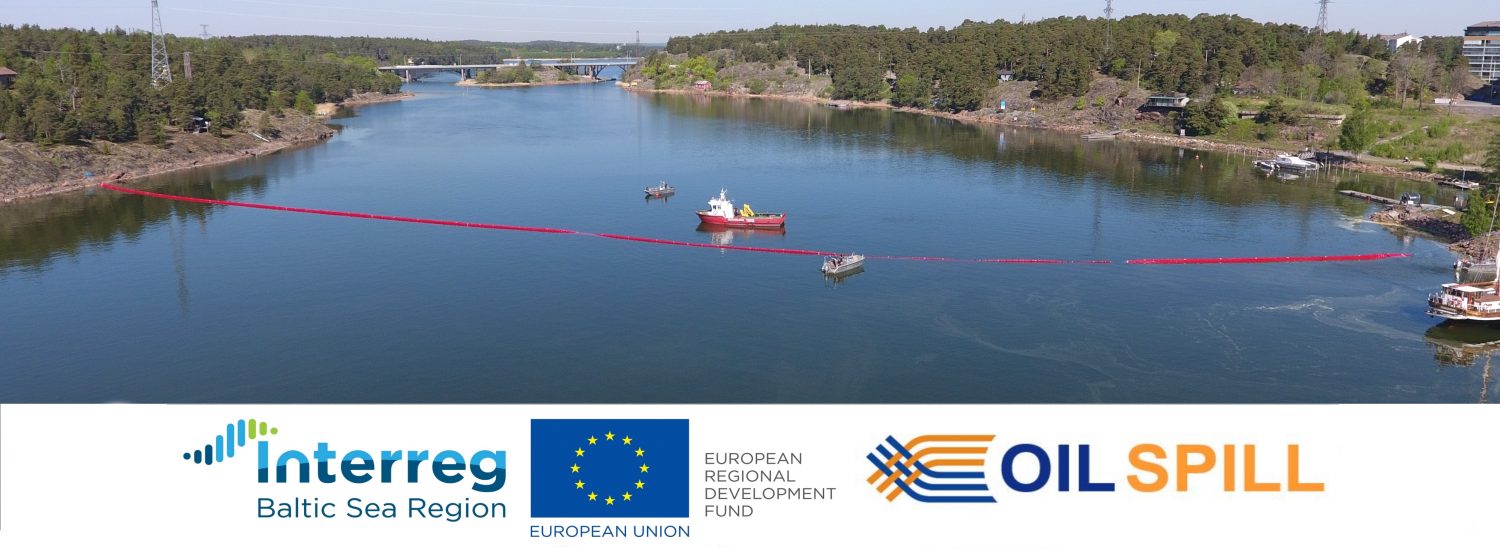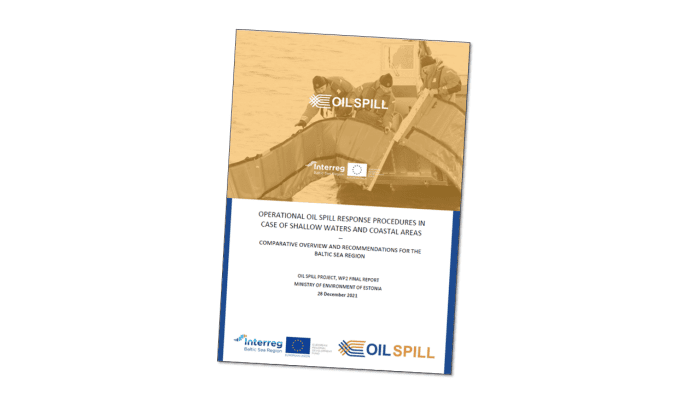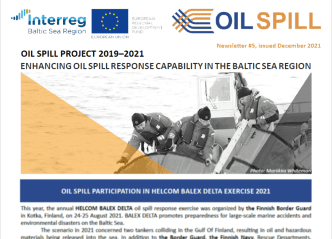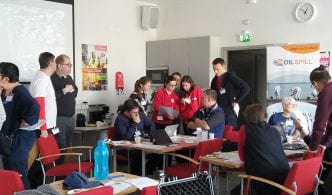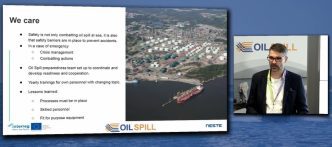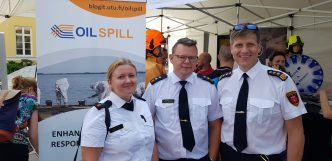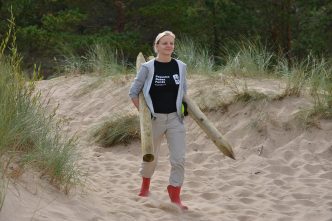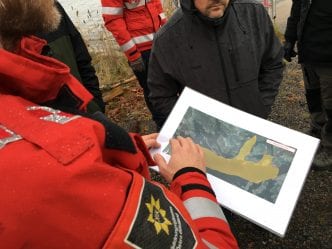
Looking Back − and Forward: OIL SPILL Timeline and POPCORN OSR Webinars
The OIL SPILL project strengthened the oil spill response capability in the Baltic Sea Region by alleviating challenges and promoting cooperation in and between all sectors concerned…
